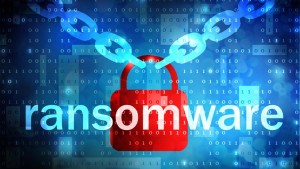Given the lack of budget for security system and dedicated staff, small businesses are fall easily to the hackers. According to Symantec’s 2016 Internet Security Threat Report, they are more vulnerable to the hackers than their large counterparts. Here are some of the common hacking practices that prey on small business and SMB:
Ransomware:
One of the biggest threats to small businesses, ransomware is the malware that is injected through a phishing email to the company’s network. As a result, it encrypts all the data and affect thes access of the users to their data. Ransomware forces the victim to pay ransom to restore the system access, decryption key or the data. Most of the cases are relating to the files encryption and hidden of C and C communication.
Hack Attack:

To launch this type of attack, a hacker generally exposes the vulnerability of the security software to burgle into the company’s data. In this way, they encrypt your company files, enter virus into your system and make them unusable. Lack of efficient cyber security plan, loopholes in admin and the unauthorized of portable devices paves the way for the cyber criminals.
Insider Threat:

A wrong person in your management means you’re high on the risk of data breaching. In many of the cases, it is the lax or malicious employee who steals or destroys the data of the company.
Hacking of Email Account:

Sometime, a criminal hack or manipulate the company’s senior email accounts to pull out the money from the financial authority.
This post updated is contributed by Apixel IT Support. Apixel IT Support has only one Goal in mind- to deliver the highest quality IT support services to businesses in Singapore.





